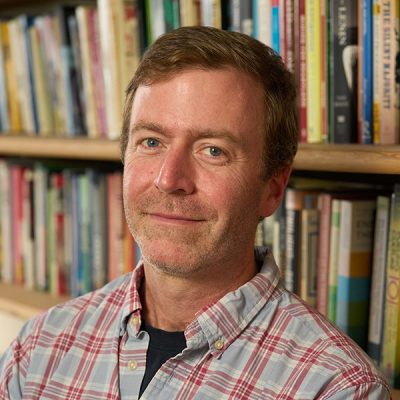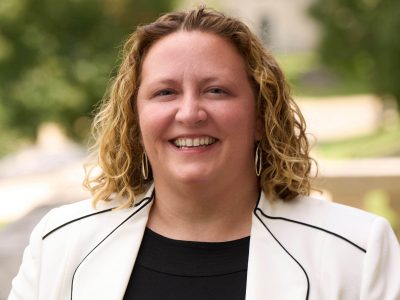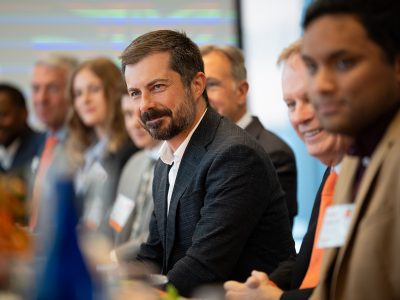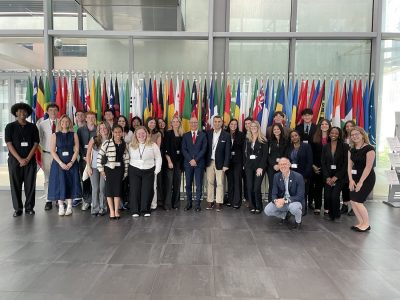Is a More Sustainable Olympics Possible?: Q&A With Maxwell Professor Matthew Huber
Organizers of the 2024 Paris Olympics are committed to creating the most sustainable Games ever—limiting new construction, sourcing local food and using 100% renewable energy, for example.
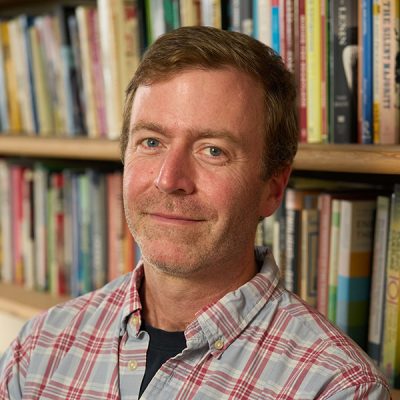
But could a global event with millions of people from all over the world converging in one place ever be considered sustainable?
In this Q&A with SU News, Matthew Huber, professor of geography and the environment in the Maxwell School of Citizenship and Public Affairs, discusses his perspective on the 2024 Paris Olympics’ sustainability goals and broader implications around global energy equality.
The Paris 2024 Organising Committee pledged this is the most sustainable Olympics ever, but it’s still a massive operation buildup of infrastructure and a global event that brings in millions of people to one location. Can the Olympics even still be considered green?
This reminds me of the 2007 Academy Awards when “An Inconvenient Truth”—Al Gore’s breakthrough climate documentary—won an Oscar and the academy declared the award ceremony was the first one to be “carbon neutral.” People are rightly skeptical when massive, spectacular (and ostentatious) events, which entail displays of wealth and large-scale resource and energy use, declare themselves “green.”
The fact is we still live in a world where roughly 80% of all energy use comes from fossil fuels so it’s quite difficult for much to be “green” (without engaging in dubious and sometimes fraudulent practices of “carbon offsetting”) let alone such a massive undertaking such as this.
One aspect of the Paris committee’s efforts was to not have air conditioning for the athletes’ accommodations but many countries, such as the U.S. and other wealthy nations, are supplying their athletes with air conditioning. What does it say about sustainability efforts to combat climate change when wealthy countries can still do what they want while less wealthy countries do not have that same privilege?
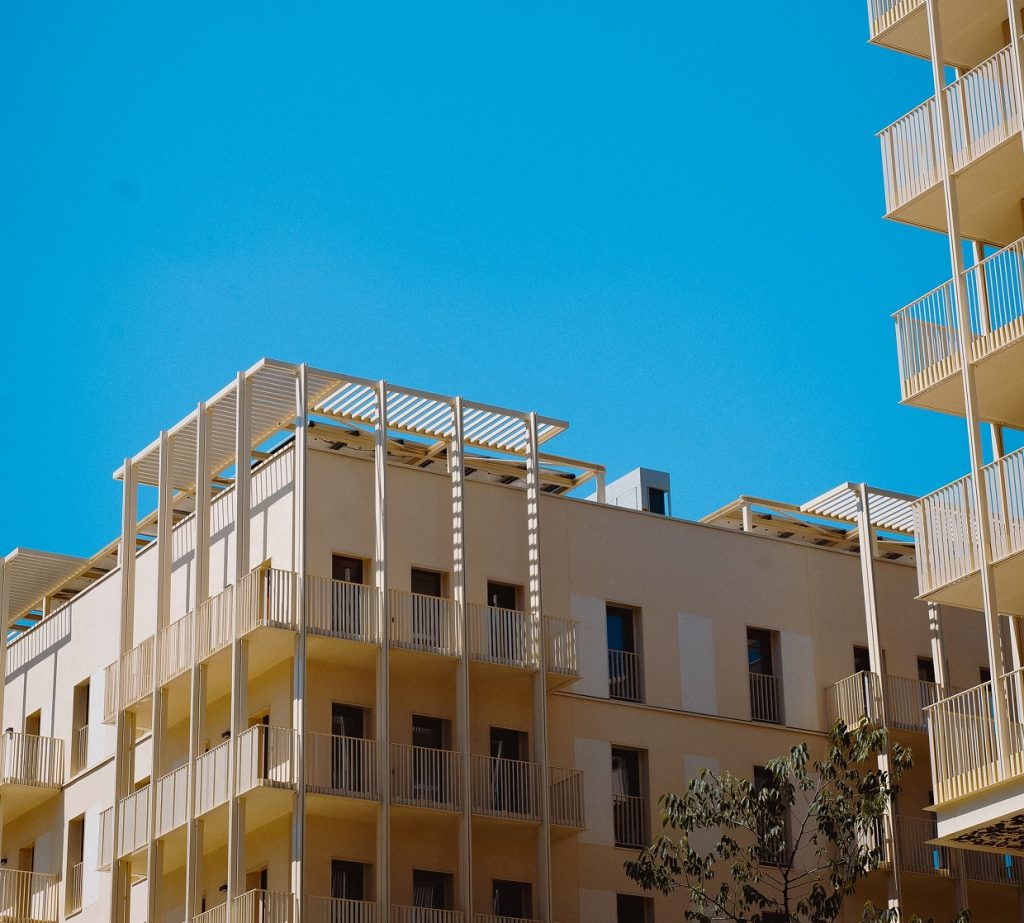
The weird irony to me is that France has an electricity grid that is nearly 100% carbon free (notably due to the roughly 70% derived from nuclear power and the remainder from mostly renewables). So it’s not clear to me exactly why limiting AC use even makes sense from a climate perspective.
If their reasoning goes beyond climate (e.g., the larger environmental impacts from electricity use) then obviously it’s having exactly the opposite effect: prohibiting AC is leading to inefficient and haphazard efforts on the part of some countries to bring their own AC in. It would be much more rational and efficient to simply provide centralized AC to all participants.
Your point about the inequality between nations is an important one and underscores how the solution would be for France to provide decarbonized AC for all. Analogously, the world actually needs to come together to decarbonize the energy systems of rich nations, and in some cases invest in providing basic (decarbonized) energy services to poor nations. We still live in world where roughly 800 million people have zero access to electricity and roughly four times that number have very little and intermittent access. We take electricity for granted, but I believe it should be a human right.
There are discussions around future summer Olympics being moved to a different month to avoid searing hot temperatures. Is this another example of a larger global issue of how humankind will have to make these life adjustments around warming conditions?
Yes, this is what climate scholars call “adaptation.” I could imagine a world in which it would make more sense for the “Summer” Olympics to be held in spring or fall, and (sadly) it might even be really hard to hold a Winter Olympics at all (unless one plans on counting on the highly energy-intensive practice of producing snow!).
The challenge is we’ve built an entire human civilization in a period of planetary history called the “Holocene,” which has been defined by an unusually stable and warm climate. There is so much that will need to change now that it appears these conditions no longer exist.
For media who wish to schedule an interview with Huber, please reach out to Daryl Lovell, associate director of media relations, dalovell@syr.edu.
